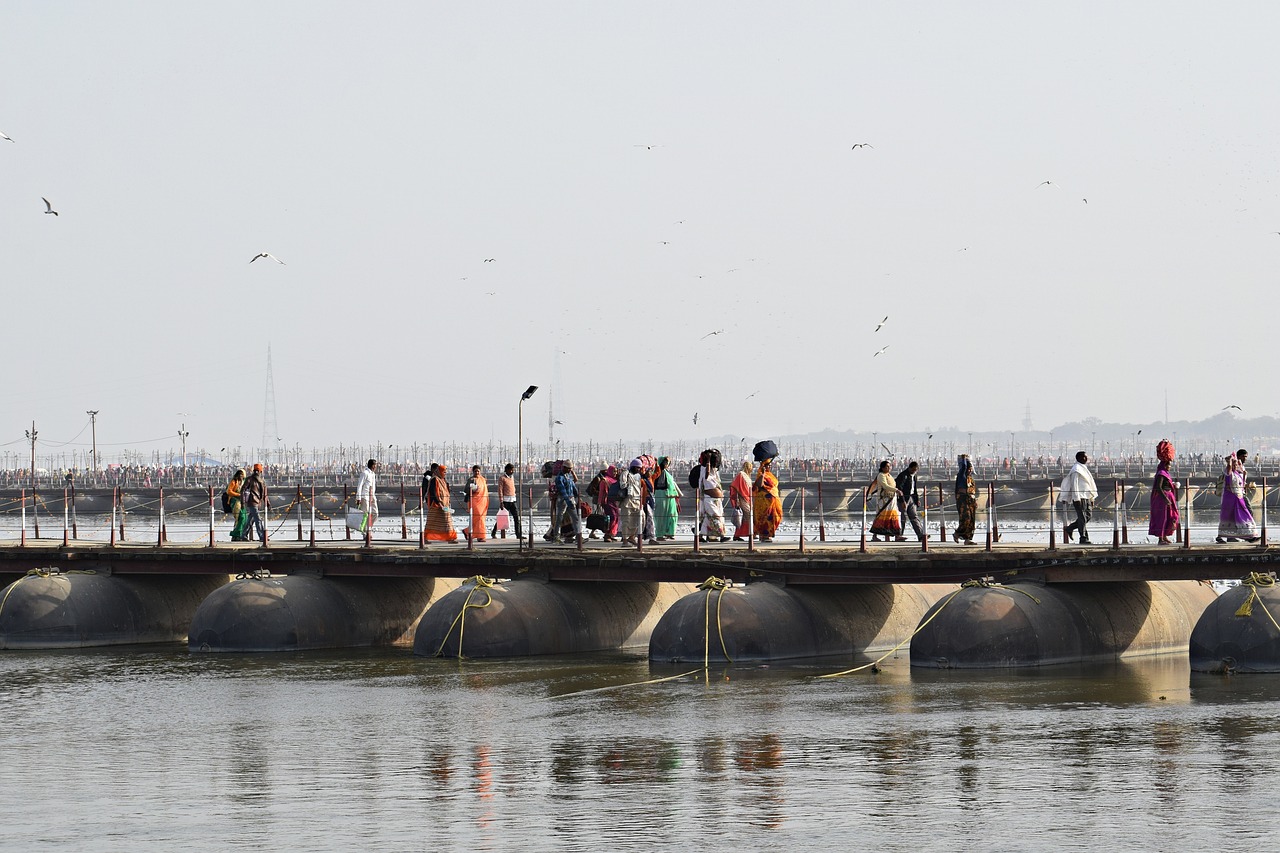Analyzing the Influence of Global Health Pandemics on Elections: Betbhai9 com sign up, Radheexchange, Lotus 365.io
betbhai9 com sign up, radheexchange, lotus 365.io: Global health pandemics have a significant impact on various aspects of society, including elections. The spread of diseases such as COVID-19 can disrupt the electoral process, influence voter behavior, and shape political outcomes. In this article, we will analyze the influence of global health pandemics on elections.
The Disruption of the Electoral Process
One of the most apparent ways in which global health pandemics affect elections is by disrupting the electoral process itself. During a pandemic, governments may impose restrictions on public gatherings, including political rallies and campaign events. This can make it challenging for candidates to connect with voters and mobilize support for their campaigns.
Furthermore, concerns about the spread of the disease may lead to changes in voting procedures. For example, some countries may postpone elections or implement measures such as mail-in voting to reduce the risk of transmission. These changes can impact voter turnout and the overall outcome of the election.
Influence on Voter Behavior
Global health pandemics can also influence voter behavior in significant ways. During a health crisis, voters may prioritize candidates who they perceive as being capable of effectively managing the pandemic and ensuring public health and safety. Issues related to healthcare, emergency preparedness, and crisis management may take center stage in electoral campaigns.
Moreover, the economic impact of a pandemic can also influence voter preferences. The economic downturn caused by a health crisis can lead to heightened concerns about job security, financial stability, and access to essential services. Voters may gravitate towards candidates who offer solutions to address these economic challenges.
Shape Political Outcomes
The influence of global health pandemics on elections can ultimately shape political outcomes at the local, national, and international levels. In some cases, incumbent leaders who are perceived to have handled the pandemic effectively may benefit from a “rally around the flag” effect, gaining increased support from voters in times of crisis.
Conversely, leaders who are seen as mishandling the pandemic or failing to address the public health crisis adequately may face backlash from voters and suffer electoral defeat. The aftermath of a global health pandemic can lead to shifts in political power, changes in policy priorities, and long-lasting effects on governance and public trust in institutions.
In conclusion, global health pandemics have a profound influence on elections, shaping the electoral process, influencing voter behavior, and impacting political outcomes. As the world continues to grapple with the ongoing challenges posed by COVID-19 and other health crises, it is essential for policymakers, candidates, and voters to consider the implications of pandemics on the democratic process.
FAQs
Q: How do global health pandemics affect voter turnout?
A: Global health pandemics can reduce voter turnout by disrupting voting procedures, limiting access to polling places, and causing concerns about public safety.
Q: Can pandemics impact the outcome of an election?
A: Yes, pandemics can influence electoral outcomes by shaping voter preferences, highlighting issues such as public health and economic security, and impacting public perceptions of political leaders.
Q: What measures can be taken to mitigate the impact of pandemics on elections?
A: Governments can implement measures such as mail-in voting, online voter registration, and enhanced public health protocols to ensure that elections can proceed safely and securely during a global health crisis.







